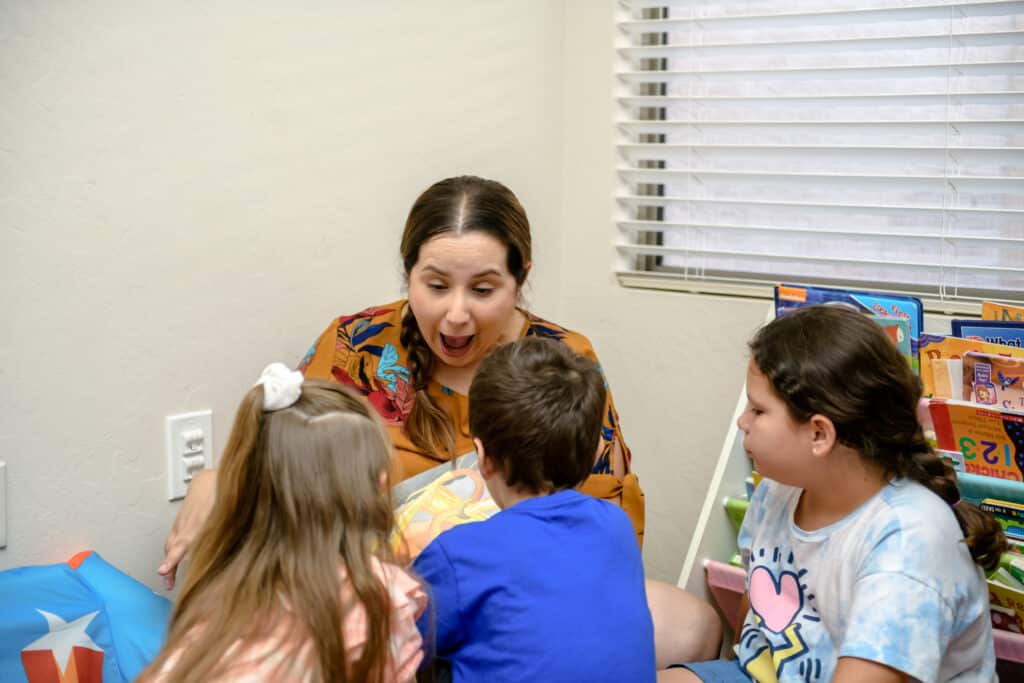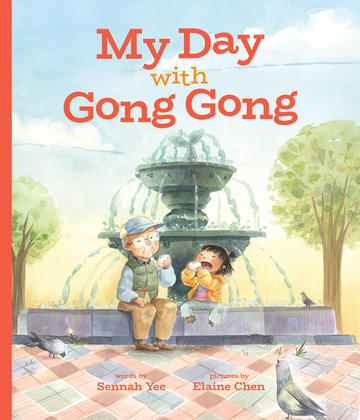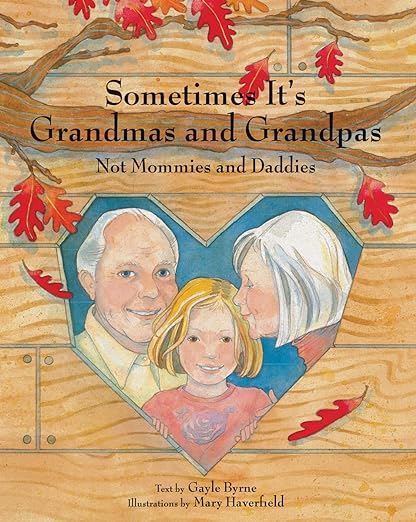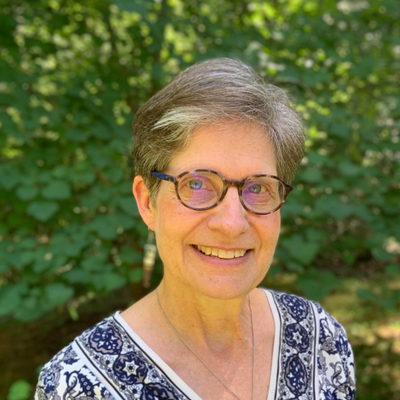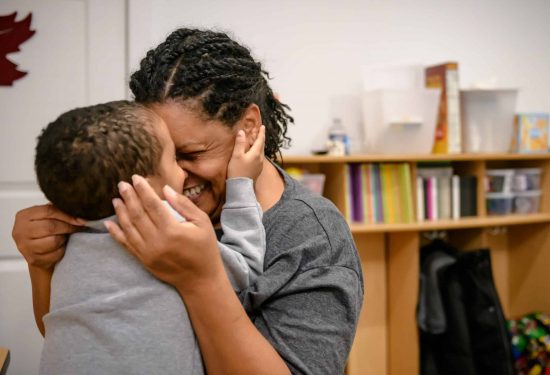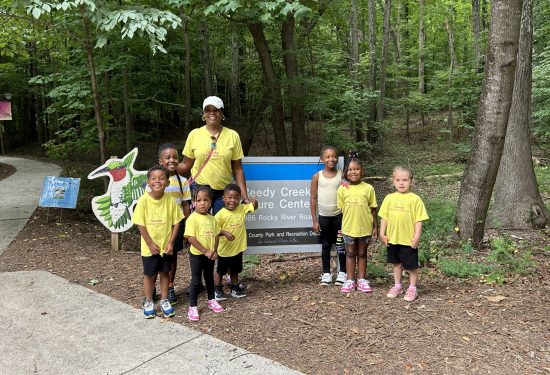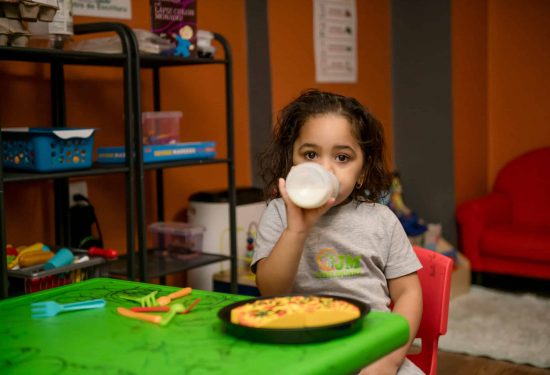Madeleine L’Engle, author of the classic A Wrinkle in Time, once said, “You have to write the book that wants to be written. And if the book will be too difficult for grown-ups, then you write it for children.” Among the books that want to be written today are books that celebrate the deep, complex, and essential work of home-based child care providers—and their love for the children in their care.
In search of such books, I consulted Goodreads, Publisher’s Weekly and School Library Journal. I consulted my local bookseller. I consulted librarians. What I found instead were books about children’s first days in child care centers, mostly focused on reassuring mothers and children with separation anxiety. I did not find any books about children in licensed family child care (FCC) settings. However, my local librarian sent me a list of books in which toddlers spend a special day, or even most of their childhood, with an older relative, representing the millions of caregivers known as family, friend, and neighbor (FFN) caregivers who provide loving, responsive, continuous care that nurtures children’s learning and development.
While many of the books presented one-dimensional views of these dynamic caregivers, three books stood out on the care-by-relatives list. These three books recognize that children learn most from caring adults, including the family, friends and neighbors who are the village raising 11.5 million kids in America today. A quintessentially important life lesson in these books, as L’Engle so wisely observed, is that growing up is the process of learning to accept one’s own vulnerability. “To be alive is to be vulnerable,” she said.
My Day with Gong Gong, by Sennah Yee and illustrated by Elaine Chen, and I Love You Mucho Mucho by Ráchel Mas Davidson both empathize with children who feel misunderstood because their immigrant grandparents speak a different home language. Rosie, the ebullient heroine of I Love You Mucho Mucho, discovers that even though she can’t communicate the million things she knows and feels to her abuela in Spanish, she can communicate her love. And Abuela is eager to love her back.
In My Day with Gong Gong, the little girl May confronts similar frustration and apprehension about spending a day with her grandfather Gong Gong, who only speaks Chinese. Both of these stories sensitively convey childrens’ concerns about not being understood by elders who seem so different from their own moms and dads. Gong Gong watches hockey on TV, talks in words May doesn’t understand, and walks too slow. But when Gong Gong takes May into the neighborhood on his errands, he introduces her to a whole cast of interesting folk—a street musician playing Chinese violin, a dumpling maker, the grocer and his friends who play cards in the park. May hates that she doesn’t know what they are saying to or about her, but she soon discovers that her grandfather has been paying close attention both to her feelings and her grumbling tummy. In the end, Rosie and May both learn that the words “I love you” translate into actions as well as words.
For children who lose one or both parents in their early years, vulnerability can look like the fear of abandonment or exile from family. Stories that acknowledge these fears and show how kids build trust and a sense of true belonging with new caregivers convey an important message. They broaden young listeners’ concept of family and help them see that love and care can come from many adults, not just one’s parents.
Author Gayle Byrne wrote Sometimes It’s Grandmas and Grandpas, Not Mommies and Daddies based on her own experience raising a granddaughter. Grandma Nonnie and Grandpa Poppy provide all the snuggles that other children get from their parents and help their granddaughter process the confusion and sadness she feels about the idealized mommies and daddies in her bedtime stories. Grandma Nonnie even goes to work in this book (leaving her granddaughter in the capable hands of her teachers)—a welcome dash of realism rarely found in books featuring grandmothers.
Sometimes It’s Grandmas and Grandmas, like the books by Yee and Davidson, invites young children to explore and accept their own vulnerabilities amongst the kindness and forgiveness of relatives. In doing so, these books encourage readers to embrace the true meaning of belonging and love. Those are values home-based child care providers embody every day. If you know about other books that herald the many caregivers in our children’s lives, especially those that care for kids at home while their parents go to work, please share!
